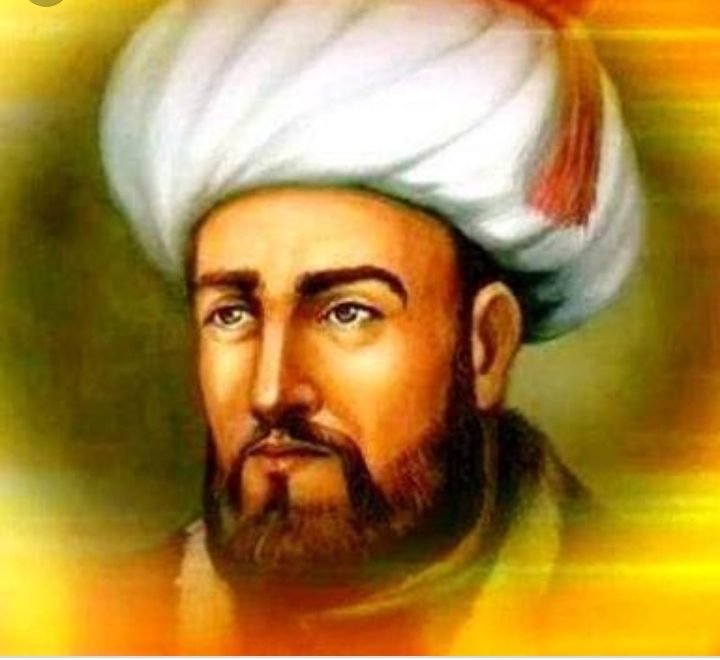

Results indicated that Al-Ghazali’s views would create a liberal educational system. The researchers used a methodological qualitative research method to survey Al-Ghazali’s efforts on education in order to discuss and assess his educational thought, and to determine his educational philosophical thought to objectively validate and authenticate his educational aspects as an educator. It does not store any personal data.The purpose of this study was to explain and draw the educational implications of philosophical foundations of Abu Hamid Al-Ghazali and how he observed school curricula, teaching methods, roles of teachers, roles of students, and school function from an Islamic teacher education perspective.

The cookie is set by the GDPR Cookie Consent plugin and is used to store whether or not user has consented to the use of cookies. The cookie is used to store the user consent for the cookies in the category "Performance".

This cookie is set by GDPR Cookie Consent plugin. The cookies is used to store the user consent for the cookies in the category "Necessary". The cookie is used to store the user consent for the cookies in the category "Other. The cookie is set by GDPR cookie consent to record the user consent for the cookies in the category "Functional". The cookie is used to store the user consent for the cookies in the category "Analytics". These cookies ensure basic functionalities and security features of the website, anonymously. Necessary cookies are absolutely essential for the website to function properly. They proved that there was no such alleged negative impact of Al-Ghazali on science in Islam. In addition, there were other prominent contributors to science such as Al-Birjandi, Ali Qushji, Ibn Nafis. He wrote 125 works on philosophy and theology, science, mathematics, etc. Moreover, Nasir al-Din al-Tusi, who died in 1274, was one of the most important astronomers in history. He had systematized approaches on quadratic equations and some higher-level equations. His works on Algebra continued to be studied for several hundred years. However, Khayyam also wrote books on Algebra. Omar Khayyam is famous in the West for his works in poetry. Lumbard mentions Omar Khayyam, a contemporary of Imam Abu Hamid Al-Ghazali.

On the contrary, sciences in the Islamic world went on well into the Ottoman Period.įor example, Dr. Joseph answers that there is simply nothing in the historical record to substantiate this argument. Science After Al-Ghazaliīut did Islamic scholarship really deteriorate because of Al-Ghazali? Dr. Joseph says that Abu Hamid Al-Ghazali did not seek to limit mathematics itself in fact he said that about cases of abusing any intellectual discipline that is, when people employ knowledge to bring corruption to themselves or to society. use it for corruption and mischief) they should be prevented from studying it.”Ĭommenting on this quote, Dr. “… This (mathematics) is a praiseworthy discipline but if somebody will exceed the bounds in it (i.e.


 0 kommentar(er)
0 kommentar(er)
